HIMSS 2022

The health information technology industry is ripe with modernization. Electronic health records are booming and the software supporting data sharing and interoperability are increasingly incorporating automation, artificial intelligence, advanced security protections and more. The federal government is working to advance these technologies across health agencies and are working on various policies to unlock software’s full potential. The HIMSS 2022 event was held from March 14-18 in Orlando, Florida, and GovCIO Media & Research’s editorial team was on site to interview the top federal technology leaders on the current issues and trends they are seeing in government.
Check out our event coverage and make sure to sign up for our newsletters that will provide all the insights straight to your inbox.

-

Live from HIMSS: How Army Used Its Telemedicine to Aid Pandemic Care
TATRC established the National Emergency Tele-Critical Care Network to make critical care expertise more accessible during the COVID-19 pandemic.
35m listenListen Now -
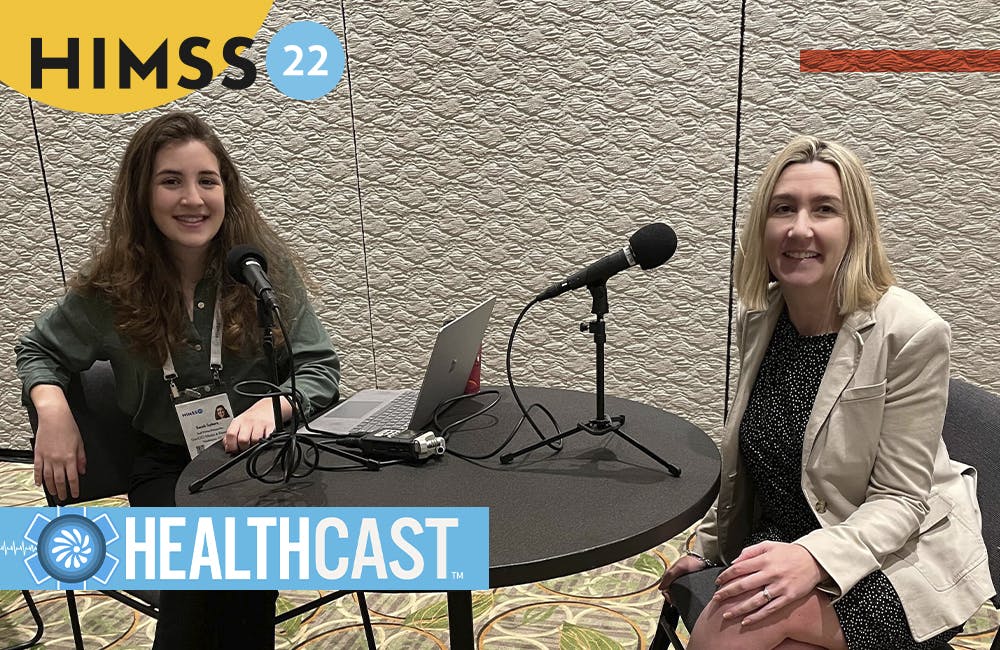
Live from HIMSS: DHMS is Evolving EHR to Meet Patient Needs
DHMS' Holly Joers provides updates on EHR roll out and outlines next steps.
15m listenListen Now -
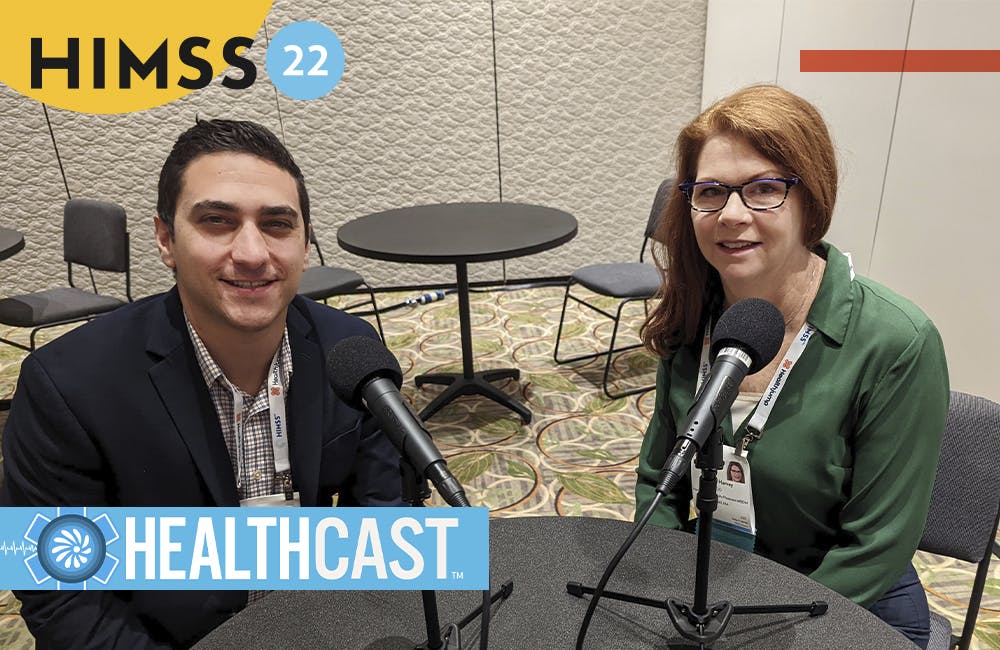
Live from HIMSS: How Telehealth and Digital Health are Transforming the Clinical Care Setting
We get an on-the-ground perspective of how health IT is impacting medicine at the point of care.
25m listenListen Now -
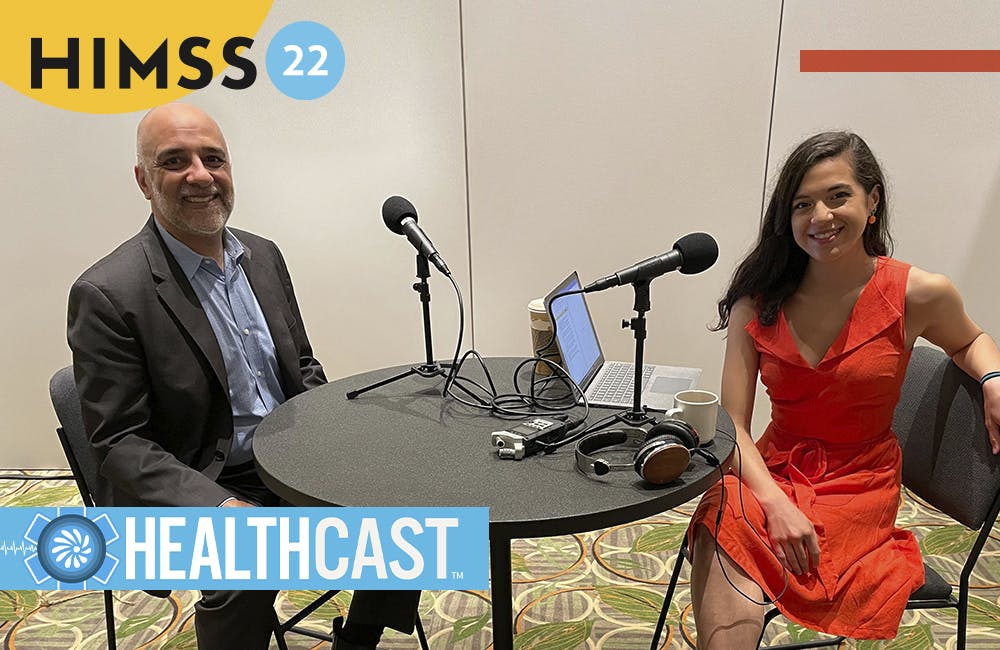
Live from HIMSS: Why 2022 is ONC's Year for Health Interoperability
ONC's Micky Tripathi highlights how the foundation for interoperability that ONC has set is going to transform health data exchange and use in 2022.
33m listenListen Now -
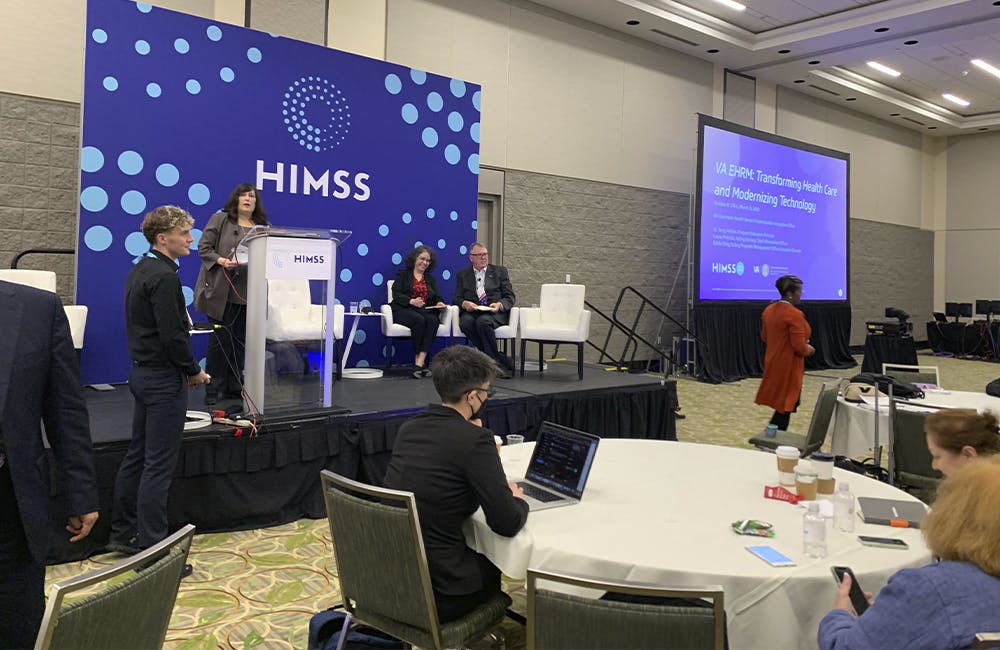
VA's Terry Adirim: EHR is a 'Challenge and an Opportunity'
New EHR modernization leads discuss the unified approach driving the program’s next steps.7m readRead Now -

-
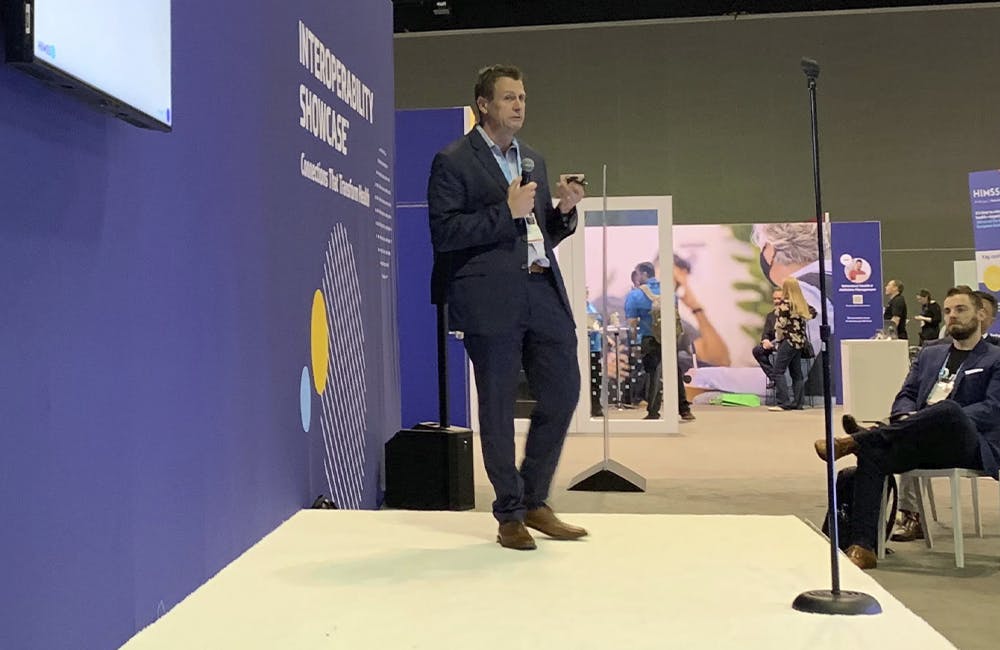
VA is Leveraging APIs to Improve Patient Experience
VA Lighthouse director Dave Mazik explains new digital tools that are supporting veteran health outcomes.7m readRead Now -
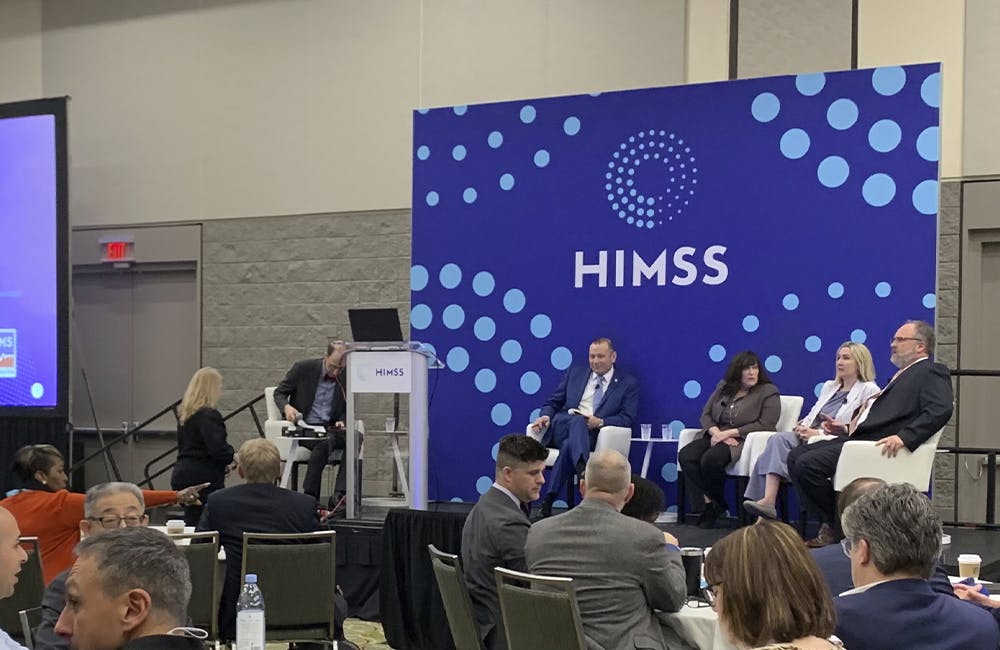
FEHRM Says EHR Deployment is Half Complete
The team is now strategizing how to incorporate more data standards into the technology.7m readRead Now -

-
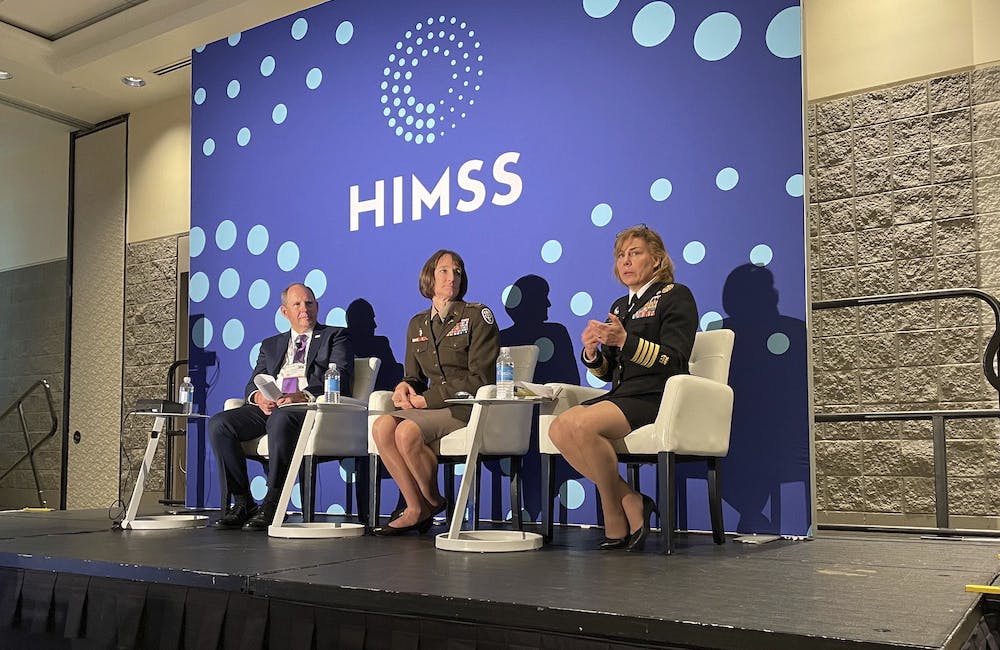
DOD Wants a Holistic Health Data Ecosystem to Measure Military Readiness
Though still in its infancy, collecting and making actionable data can provide insights on optimal performance of service members.7m readRead Now -
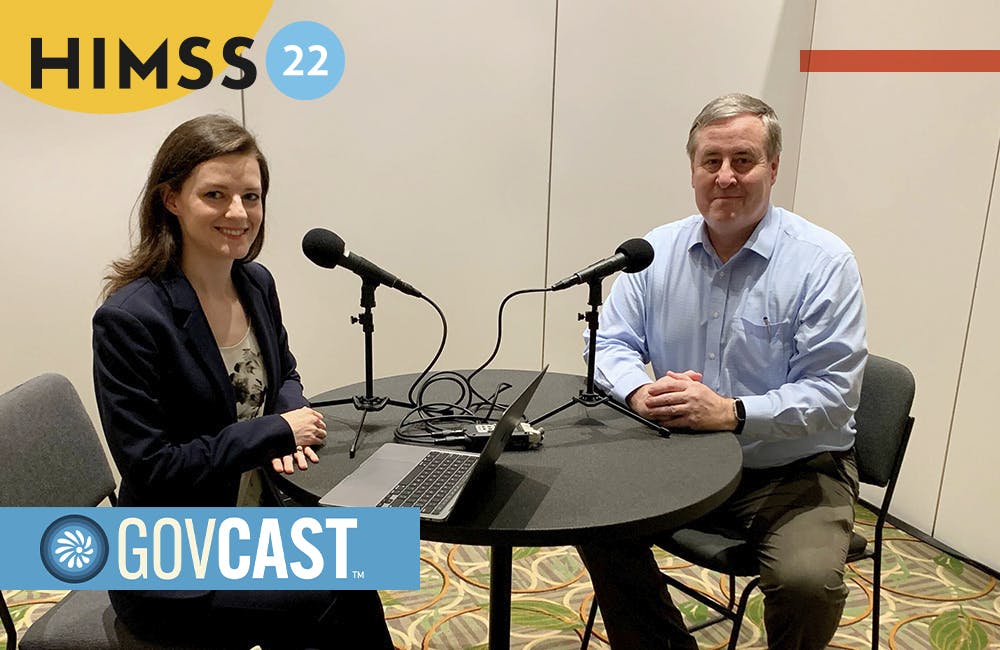
Live from HIMSS: Former VA CIO Jim Gfrerer Reflects on Public Service, Essential Partnerships for Driving Innovation
Many challenges in any tech modernization initiative is grappling with the business perspective.
17m listenListen Now -
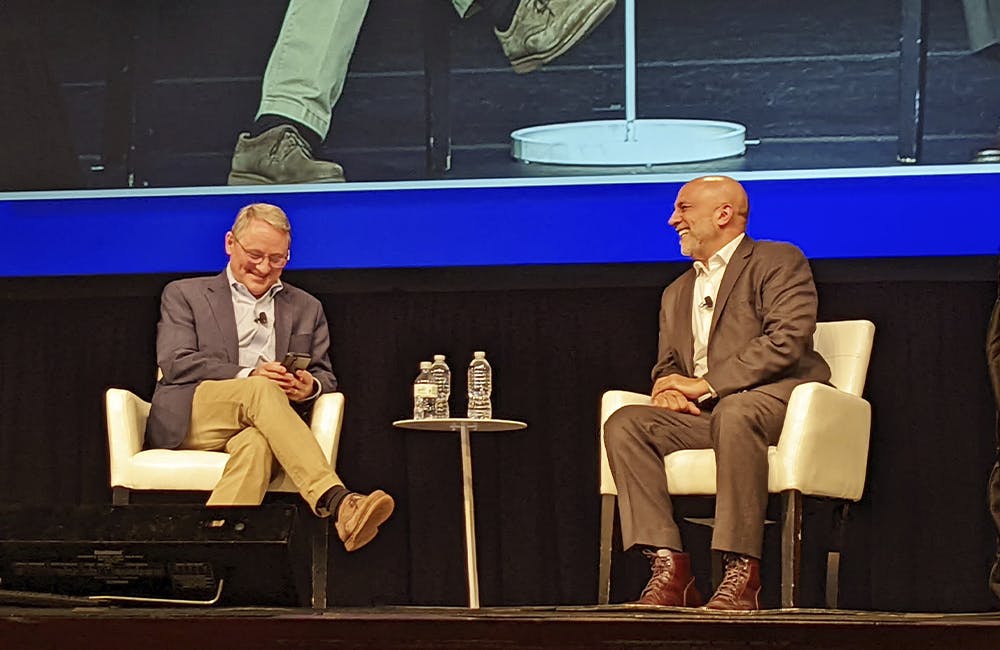
Inside the Collaboration to Expand Public Health Data Interoperability
Amid data challenges, CDC and ONC are working to modernize and drive interoperability.7m readRead Now -
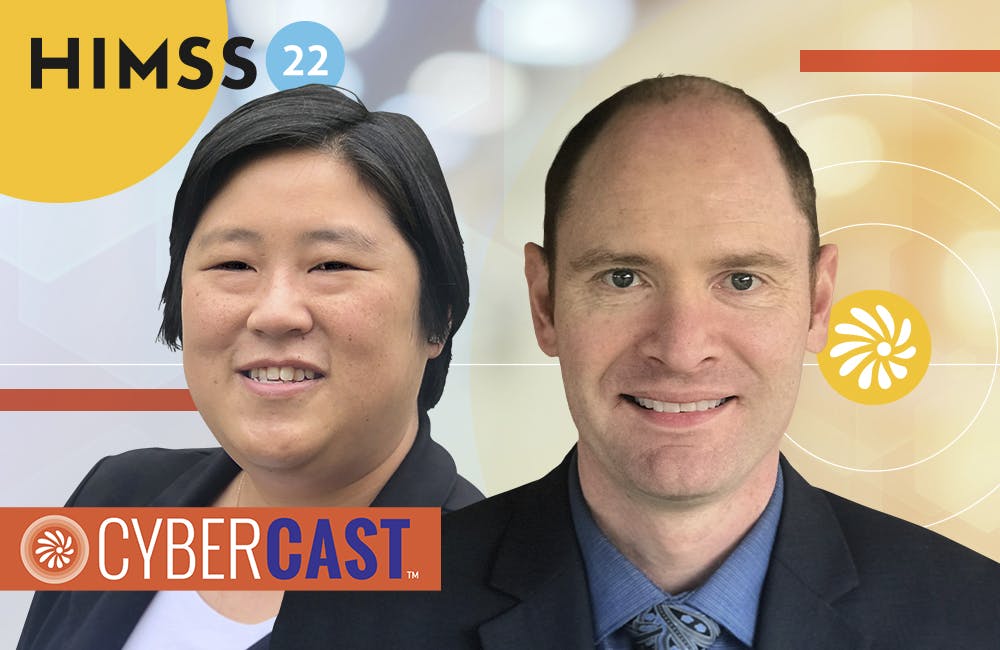
Live from HIMSS: Penn Medicine Tech Leads Tackle Cybersecurity Challenges and Diversifying the Workforce
There are underlying biases that impact levels of recruitment ultimately affecting the cybersecurity workforce.
22m listenListen Now -
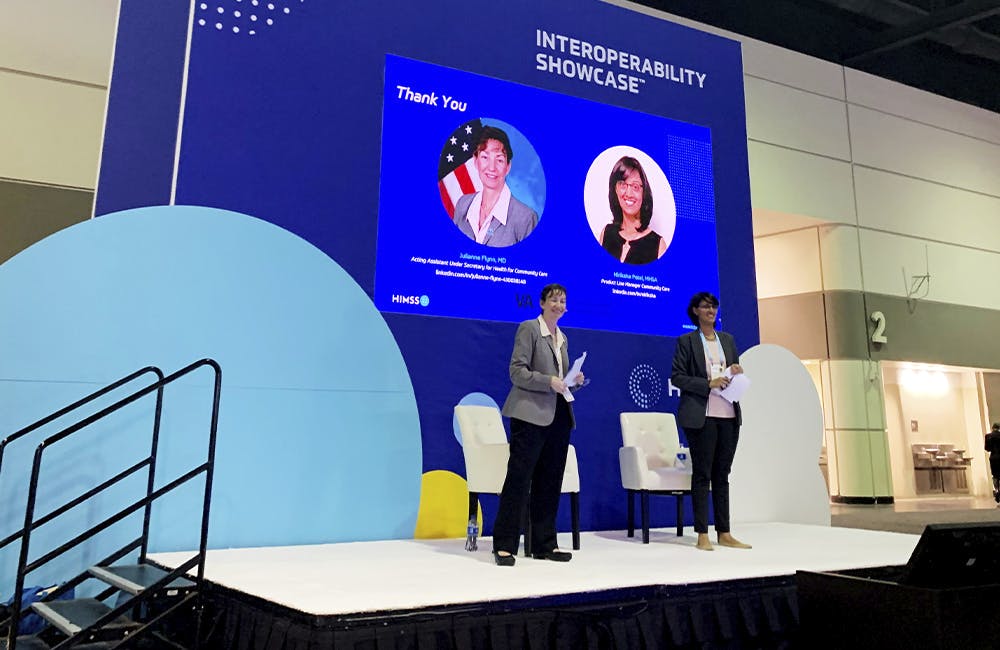
Data Interoperability Efforts Take Shape at VA
VA is looking to make data more interoperable to populate insights via dashboards and inform pandemic next steps.7m readRead Now -

How CMS is Improving ACO Data Aggregation, Quality Care Reporting
New upcoming measures will sharpen quality of care for Medicare patients.7m readRead Now -
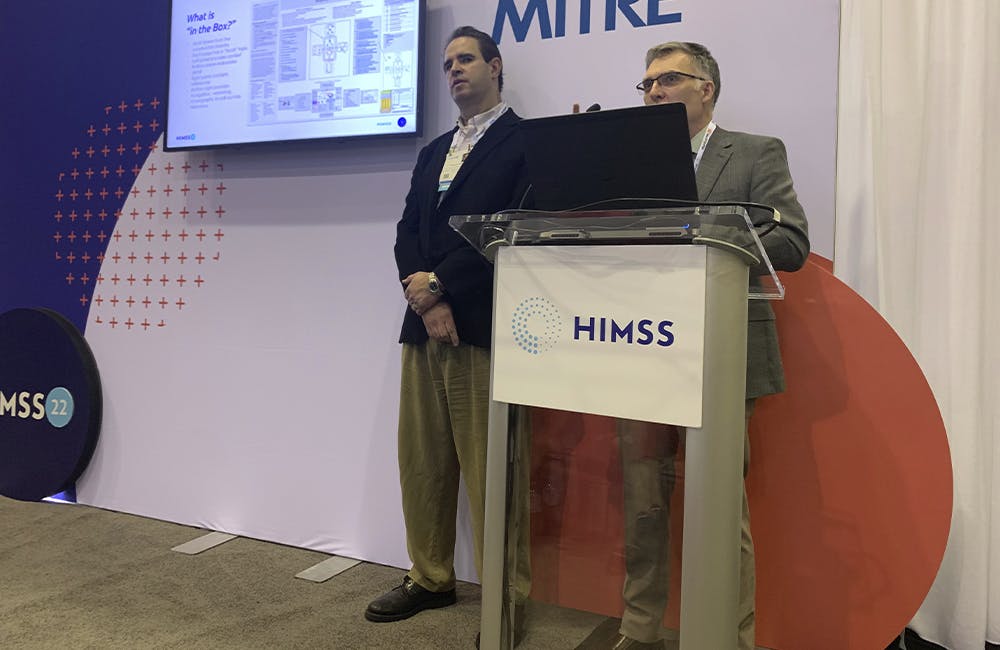
i-VA Interoperability Platform Brings in Multiple Health Data Points for Integrated View
VA interoperability lead Ken Rubin discusses a new data platform that’s improving data discovery and sharing.7m readRead Now -
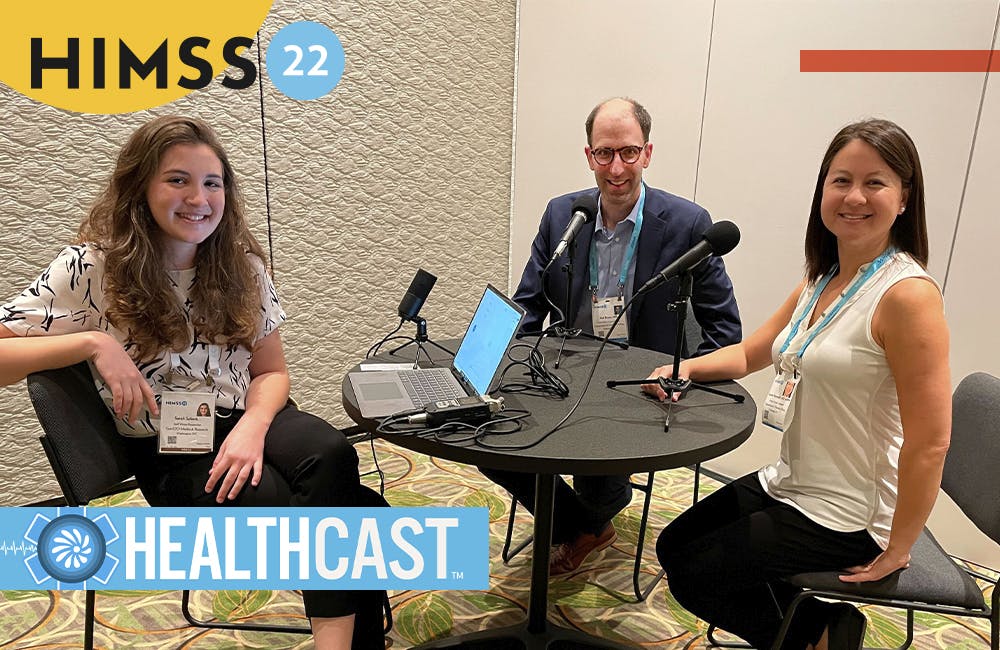
Live from HIMSS: VA is Transforming Veteran Health Solutions
Telehealth leads Neil Evans and Leonie Heyworth discuss how VA has leveraged lessons learned from COVID-19.
14m listenListen Now -
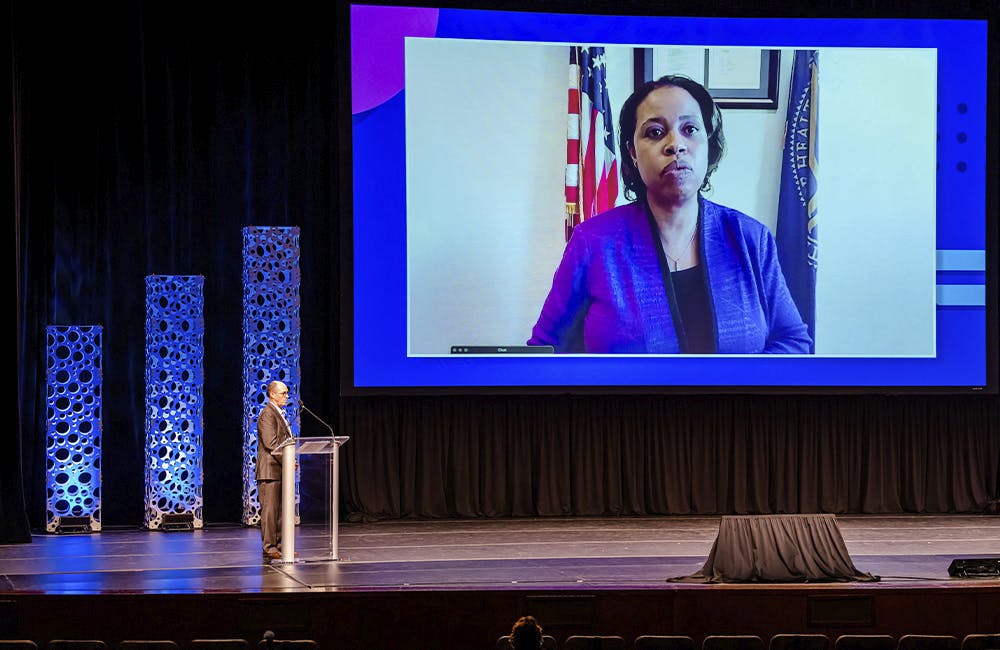
CMS Administrator Teases New Interoperability Rule to Come
The rule will outline API standards for payer-to-payer data exchanges of health information.7m readRead Now -

NITAAC Engaging Agencies to Streamline Acquisition
Agencies can access CIO-SP3 for orders until Oct. 31 as NITAAC preps to begin CIO-SP4 awards in November.7m readRead Now -

Live from HIMSS: New VA Standards Are Helping Developers Create Personalized Care Tools
Ryan Vega breaks down real-world examples of digital tools showing the way of the future of veterans health.
19m listenListen Now -
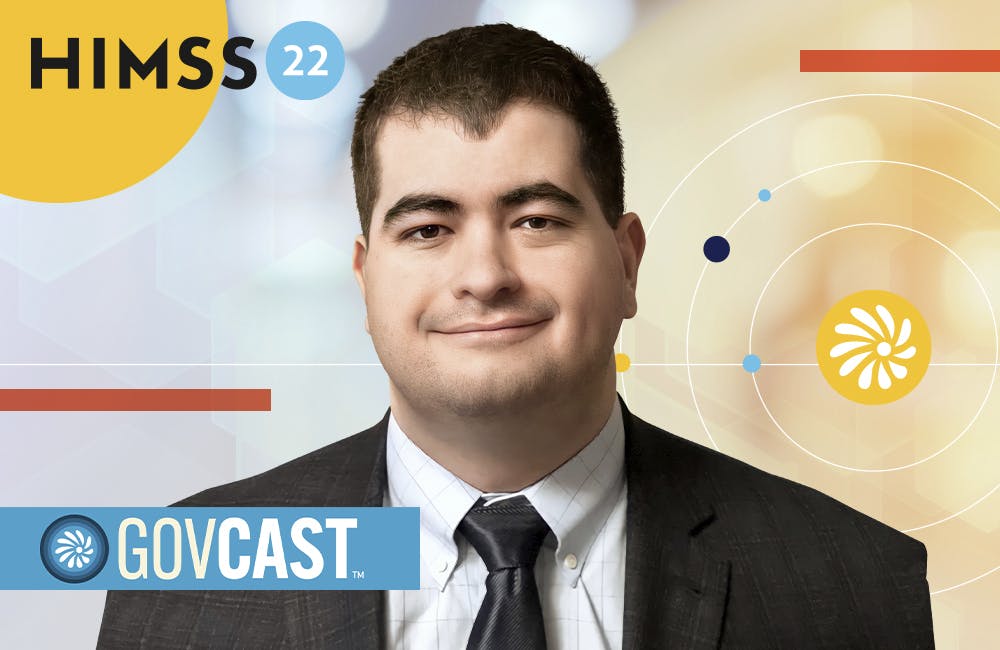
Live from HIMSS: AI Sprints are Helping VA Create Health Care Tools
Rafael Fricks is working on efforts to make artificial intelligence impactful for reducing clinician burdens and improving how veterans are treated.
17m listenListen Now -
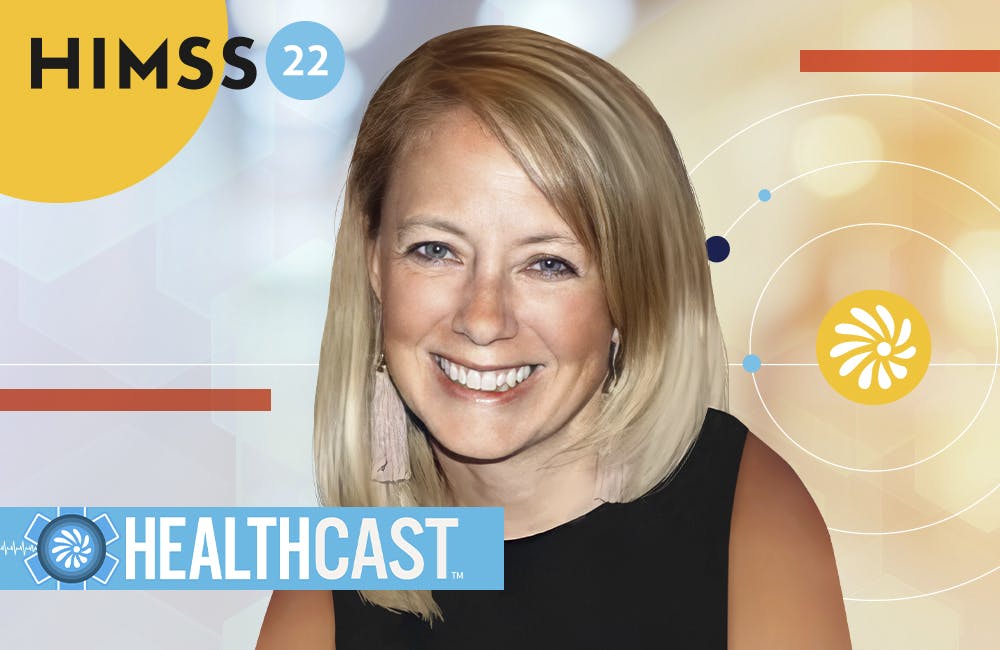
Live from HIMSS: FDA is Improving Supply Chain Resiliency to Combat Future Challenges
FDA's Heather Agler from CDRH talks leveraging lessons learned from COVID-19 to improve supply chain resiliency and develop new solutions.
28m listenListen Now -
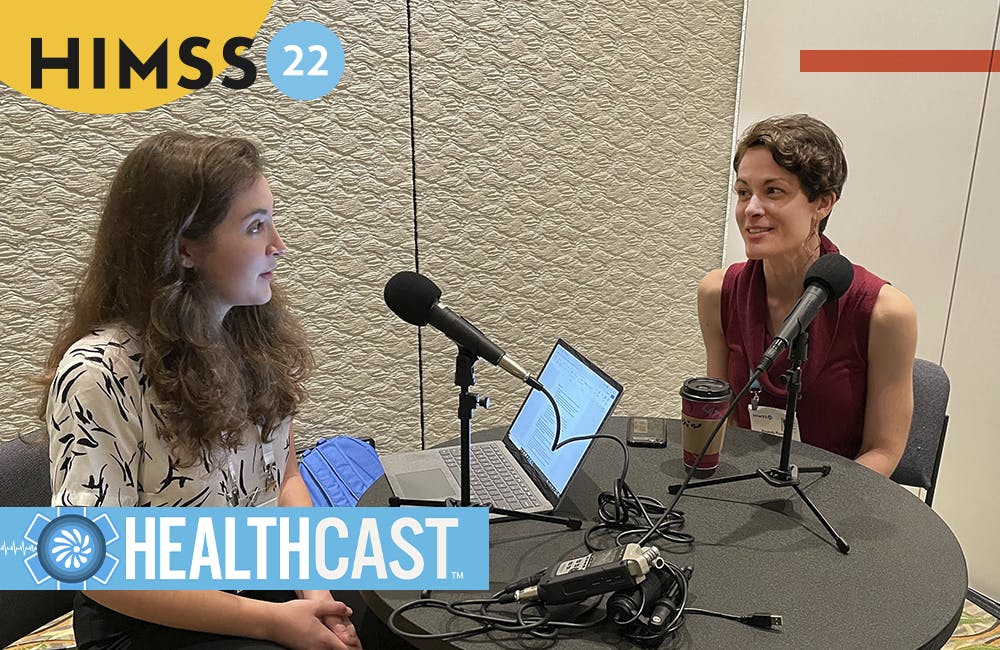
Live from HIMSS: VA’s New Data Platform Harnesses the Power of Synthetic Data
Amanda Purnell Unpacks VA’s "Arches" that uses synthetic data to improve veteran care.
10m listenListen Now -
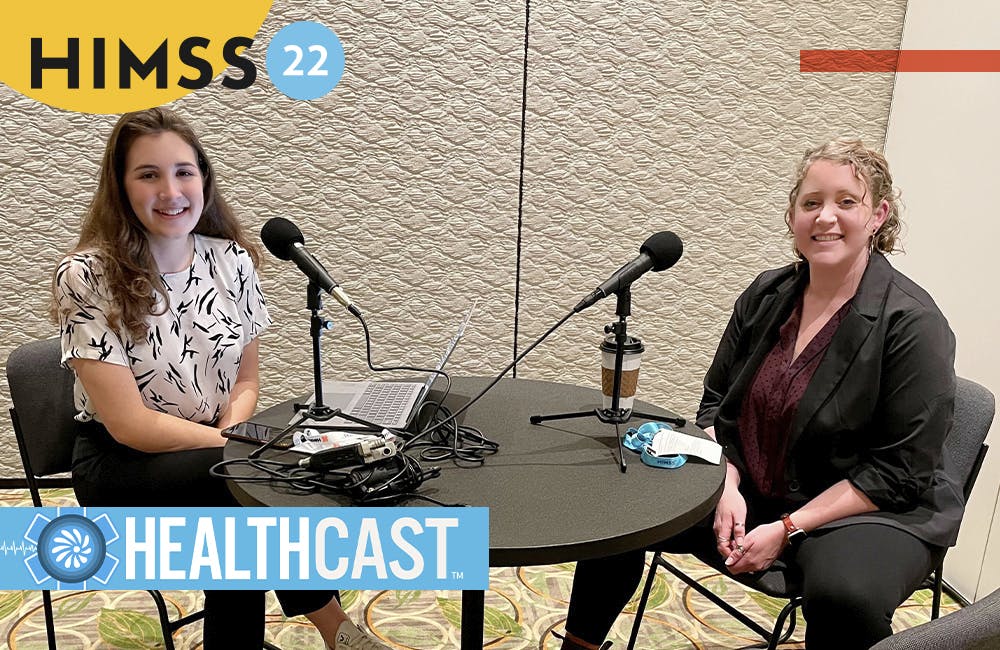
Live from HIMSS: VHA’s Innovation Ecosystem Hinges on Human-Centered Design to Build Trust
Brynn Cole breaks down how the department is scaling human-centered design to improve health care delivery and solutions.
18m listenListen Now
This is a carousel with manually rotating slides. Use Next and Previous buttons to navigate or jump to a slide with the slide dots
-
 Heather Agler Senior Program Manager, CDRH, FDA
Heather Agler Senior Program Manager, CDRH, FDA -
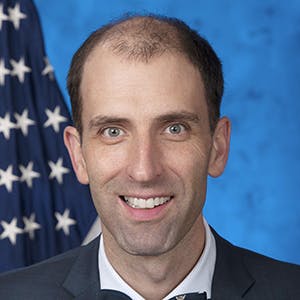 Neil C. Evans, MD Chief Officer for the Office of Connected Care, Veterans Health Administration
Neil C. Evans, MD Chief Officer for the Office of Connected Care, Veterans Health Administration -
 Brynn Cole Director, Design & Storytelling, VHA Innovation Ecosystem
Brynn Cole Director, Design & Storytelling, VHA Innovation Ecosystem -
 Rafael Fricks Lead AI Tech Sprints Coordinator, VA
Rafael Fricks Lead AI Tech Sprints Coordinator, VA -
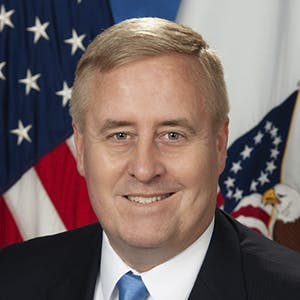 James Gfrerer Former Deputy Assistant Secretary for Information and Technology and CIO, VA
James Gfrerer Former Deputy Assistant Secretary for Information and Technology and CIO, VA -
 Leonie Heyworth Director of Synchronous Telehealth, VA
Leonie Heyworth Director of Synchronous Telehealth, VA -
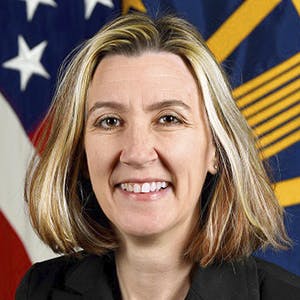 Holly Joers Program Executive Officer, DHMS
Holly Joers Program Executive Officer, DHMS -
 Amanda Purnell Director, Data and Analytics Innovation, VHA
Amanda Purnell Director, Data and Analytics Innovation, VHA -
 Matthew Quinn Science Director, Army Telemedicine & Advanced Technology Research Center (TATRC)
Matthew Quinn Science Director, Army Telemedicine & Advanced Technology Research Center (TATRC) -
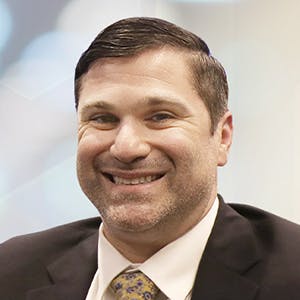 Dr. Ryan Vega Chief Officer, Healthcare Innovation and Learning, VHA
Dr. Ryan Vega Chief Officer, Healthcare Innovation and Learning, VHA -
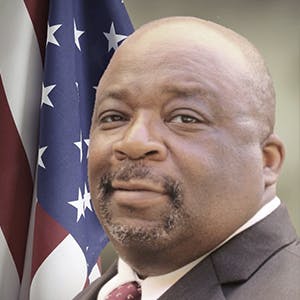 Mike Wynn Director of Information Management and Infrastructure Engineering, VA
Mike Wynn Director of Information Management and Infrastructure Engineering, VA
-
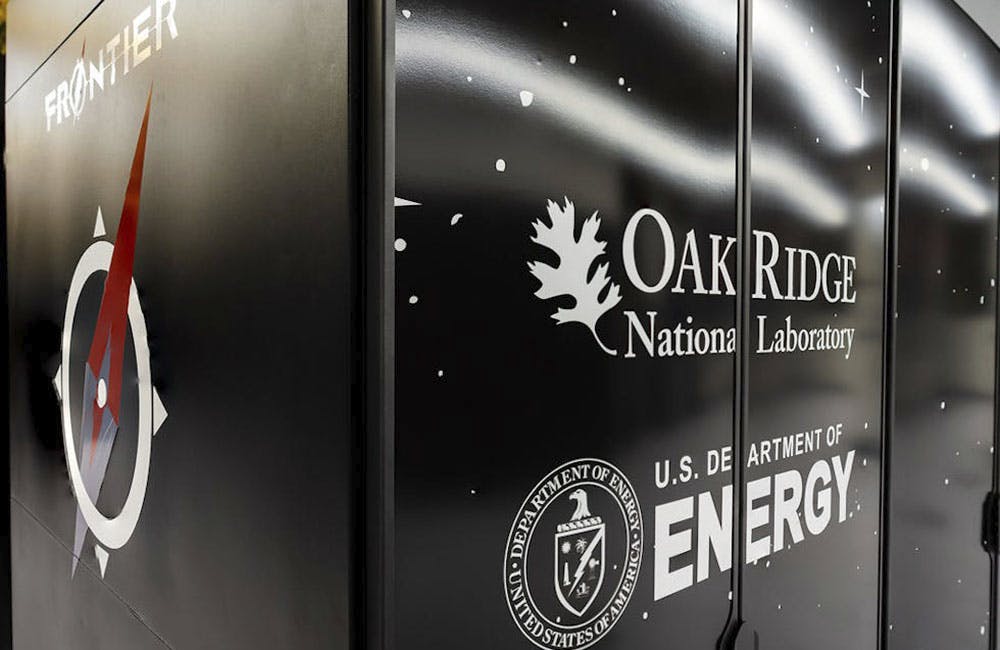
Energy Researchers Aim For Holistic Approach to AI Issues
A new center at the Oak Ridge National Laboratory is looking at under-researched areas of AI to better understand how to secure it.
2m read -

How Agencies are Upskilling the Workforce in AI
Federal officials are putting in place new training and education methods to ensure its overall workforce understands the technology.
3m read -

Building Better Data Governance Across FDA
The agency is using emerging technology to tackle its data challenges.
19m listen -

Strategies for Effective Data Modernization
Data is the lifeblood of critical decisions and streamlines operations across the government, but many agencies struggle with inconsistent standards.
33m watch










































